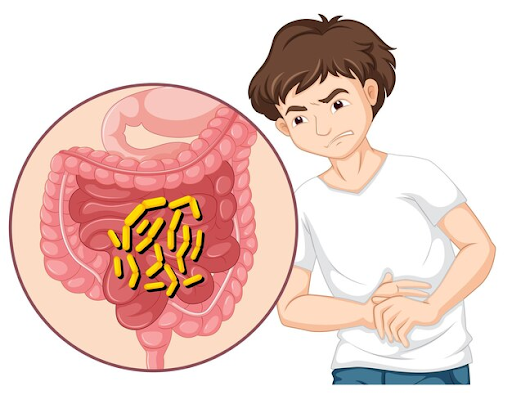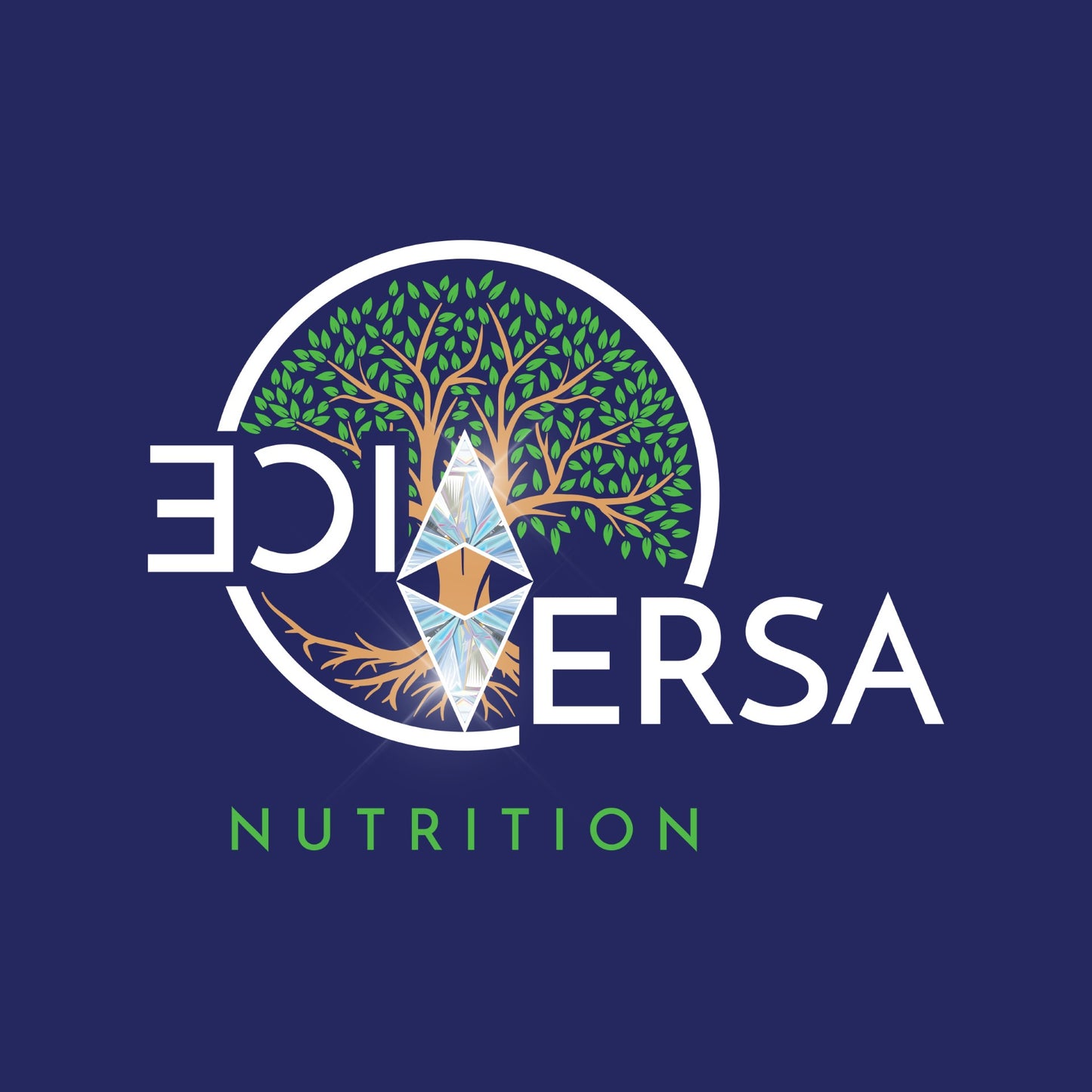
Have you ever wondered what the key insight really is when it comes to your gut health? It’s rather simple - the digestive system and faeces!
Let’s go through some points about faeces and explore how our body’s waste is an indicator of digestive health!
- A key player in overall health is no other than the digestive system. Understanding the relationship between the colon and digestion can give you valuable answers about gut health and overall well-being.
- The digestion process starts in our mouth and then continues through our stomach, where nutrients are absorbed with the help of stomach acids and the small intestine.
- Faeces, or our body’s waste, is the crucial indicator of whether our digestive health is in a good state. Healthy bowel signs are brown, easily passed, and well-formed faeces. If you notice something out of the ordinary, it can reveal an underlying issue.
- If your bowel movement is regular, your health is in good shape. However, if you notice some changes, it indicates inflammation and infection.
- We all have dysbiosis in our stomachs – it is a gut microbiota whose imbalance can affect your stool and faeces. Some considerations of the cause are dehydration, insufficient level of nutrients like fibre, and deficiency of probiotics/prebiotics. These things help our gut in a way that hydration improves our stool and promotes softer and easily passed faeces. Fibre aids in digestion and regular bowel movements while including probiotics and prebiotics, which will sustain a healthy gut microbiome.
Bristol Stool chart
The Bristol stool chart is a pictured diagram of 7 types of Stool examples that indicate the health level of your bowel movements. click the link below to discover more: https://www.continence.org.au/bristol-stool-chart

Things You Should Know
The human gut is actually the reason for making our body work. The gut breaks down every food we consume and absorbs the essential nutrients that our body needs to function. The absorption of nutrients helps in the production of energy, balances hormones, keeps skin and mental health in control and removes waste and toxic material from the body.
Almost 70% of the immune system of a person resides inside the gut. Therefore, it is essential to ensure that we have a perfect and best-conditioned digestive system to support body functions. But there are some things that we can do to keep our gut feelings healthy.
Probiotics
If you have taken antibiotics, then this means your gut needs new friends once again. Antibiotics not only remove bad bacteria from the body but also wipe out good bacteria like probiotics. Some probiotics include bifidobacterium and lactobacillus. Prebiotics such as bananas, onions, asparagus, legumes, and garlic work differently from probiotics. Prebiotics are like dietary fibers that help good bacteria feed, reinoculate microbiomes, and reduce the impact of changing gut flora. Some birth control tablets also change the environment of your gut.
Kimchi
Your gut not only needs prebiotics but also needs a dosage of healthy probiotics to make the body strong and healthy. Fermented foods such as kimchi, miso, tempeh, and sauerkraut, and drinks like kombucha and kefir, contain live cultures. This live culture helps the gut to break the food faster and improves the immune system. If you haven't started eating fermented food, then start right away. Start with a lesser amount of food at one time and then gradually increase the amount. If you start with a bigger amount then it may lead to an upset stomach.

Sleep In
If you were working hard all the weekdays and didn't get enough sleep, then sleeping more on weekends won't hurt you. Researchers are continuously looking to find a relationship between gut-sleep and affect sleep cycle, but there is surely a strong link between the gut bacterial environment and poor sleep. When you get enough sleep, it lowers your level of cortisol, which allows the gut to get back to its optimal state. Therefore, sleep in on weekends late morning without feeling guilty.
Win The Race
The habit of slow eating is actually a good habit. When you take time to properly chew your meal, it helps your digestive system to start swiftly. Since you break the food with the teeth into very small pieces, then your gut does not need to process the food for breaking and the digestive system starts off right away.
Relax Mind
Give your mind ease so your body will nourish better. This is not just about the digestive system. Stress alters your gut, which turns it into a discomfort cage of butterflies. Studies indicate that meditation decreases the chances of getting gut disorders.
No News or Good News
If your gut has not made any weird sounds lately, then this means you have a healthy eliminating process, you do not have any abdominal pain or bloating. If your gut can talk, then it would probably thank you humbly for keeping it healthy and nourished lately.
Fascinating Facts About Your Gut
-
Crowded Gut
Your gut contains almost more than millions of microbes or microscopic organisms. Every single intestinal content gram has 100 billion plus bacteria in it, and microbes are present 10 times greater than the total cells of the body.
-
Size Matters
The gut is quite large and long. This organ is around 9m long and has 800-900 folds. If you flatten it out, it can cover the whole tennis court. Around 70% of the immune system is made by your gut. It comprises 1.5-2 kg bacteria, which is greater than the size of the brain.
-
Digestion
Stress releases an abundance of adrenalin. It shuts down the function of digestion and leads to bloating. Therefore, always relax and take deep breaths while eating.
-
Unique Microbiomes
The gut of every single person is unique and different. Even the identical twins, who have 99.5% same genes, only have 20% similarity in their microbiomes.
-
Overeating
If you have overeaten and now feel bloated you can ease digestion by lying on the left side of your body. Your stomach works asymmetrically and works faster when you lie down on the left side. This position also enables liquid to go down from one side whereas solid goes down from the other side.
Conclusion
The key insight is that our faeces give valuable feedback that we can use to identify potential issues happening in our bodies. When we manage to notice this, we can take proactive approaches that help us maintain optimal gut health.
Living a balanced diet, staying hydrated, and being open to proactive approaches can form the way and help sustain a harmonious relationship between our digestive systems and overall well-being.
